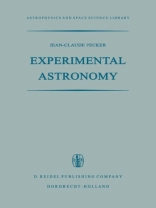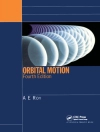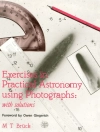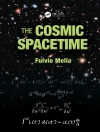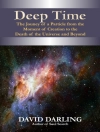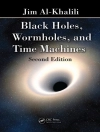Socrates knew all that was known by his contemporaries. But already in the Middle Ages it was becoming difficult for a single man to have a truly encyclopedic view of all human knowledge. It is true that Pico della Mirandola, Pius II, Leonardo da Vinci, and several other great minds were thoroughly in possession of considerable know- ledge, and knew all that one could know, except no doubt for some techniques. The encyclopedists of the 18th century had to be content with an admirable survey: they could not go into details, and their work is a collective one, the specialized science of each collaborator compensating for the insufficiencies of the others. We know very well that our science of today is a science of specialists. Not only is it impossible for anyone person to assimilate the totality of human knowledge, it is impossible even to know ones own discipline perfectly thoroughly. Each year the presses of science pro- duce a frightening quantity of printed paper. Even in very limited fields, new journals are created every day, devoted to extremely specialized, often very narrowly defined subjects. It is indeed evident that in a field whose scope extends well beyond astronomical or astrophysical research, it is materially impossible to be informed of everything, even with the richest of libraries at hand.
Jean-Claude Pecker
Experimental Astronomy [PDF ebook]
Experimental Astronomy [PDF ebook]
Cumpărați această carte electronică și primiți încă 1 GRATUIT!
Limba Engleză ● Format PDF ● ISBN 9789401033022 ● Traducător Robert S. Kandel ● Editura Springer Netherlands ● Publicat 2012 ● Descărcabil 3 ori ● Valută EUR ● ID 4704963 ● Protecție împotriva copiilor Adobe DRM
Necesită un cititor de ebook capabil de DRM
